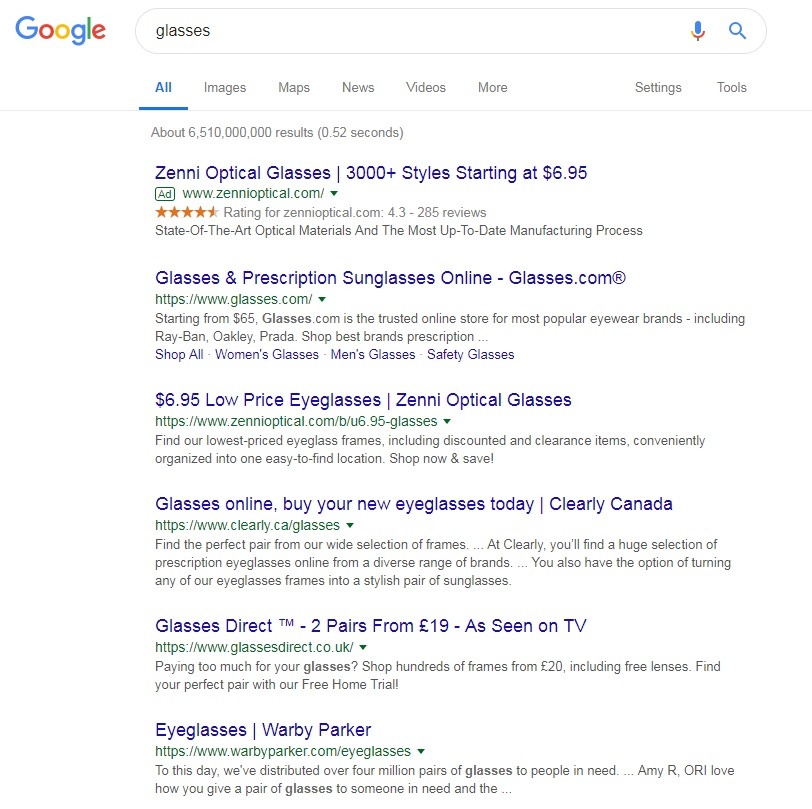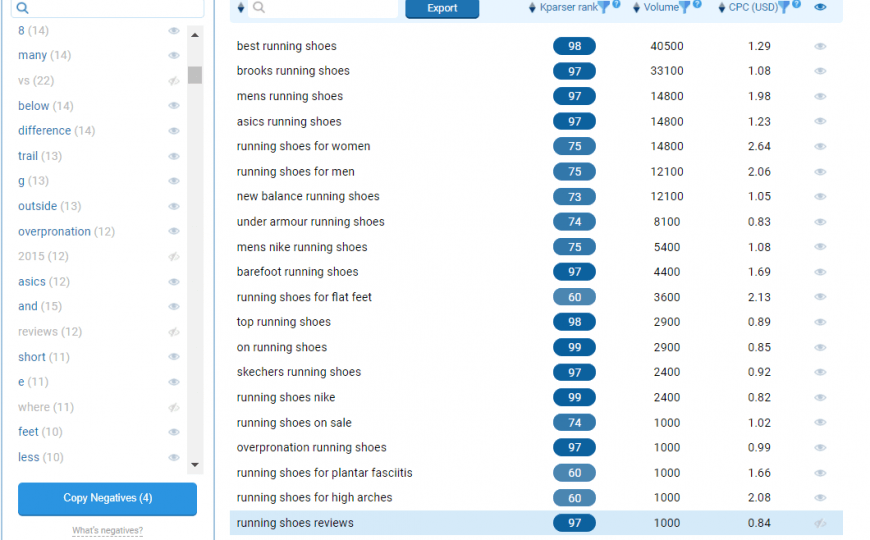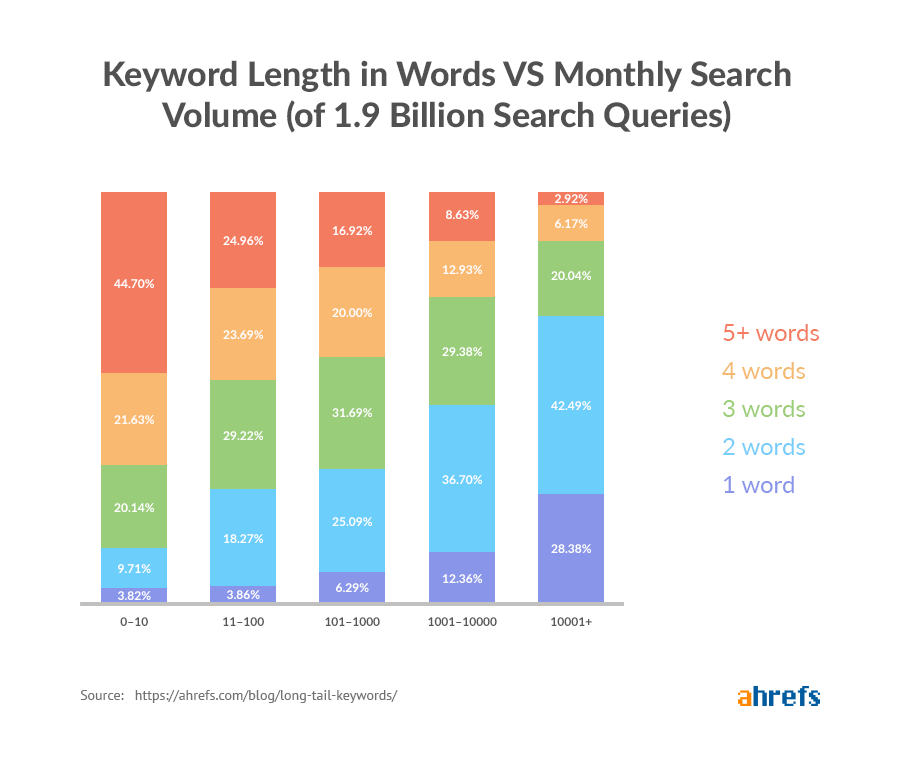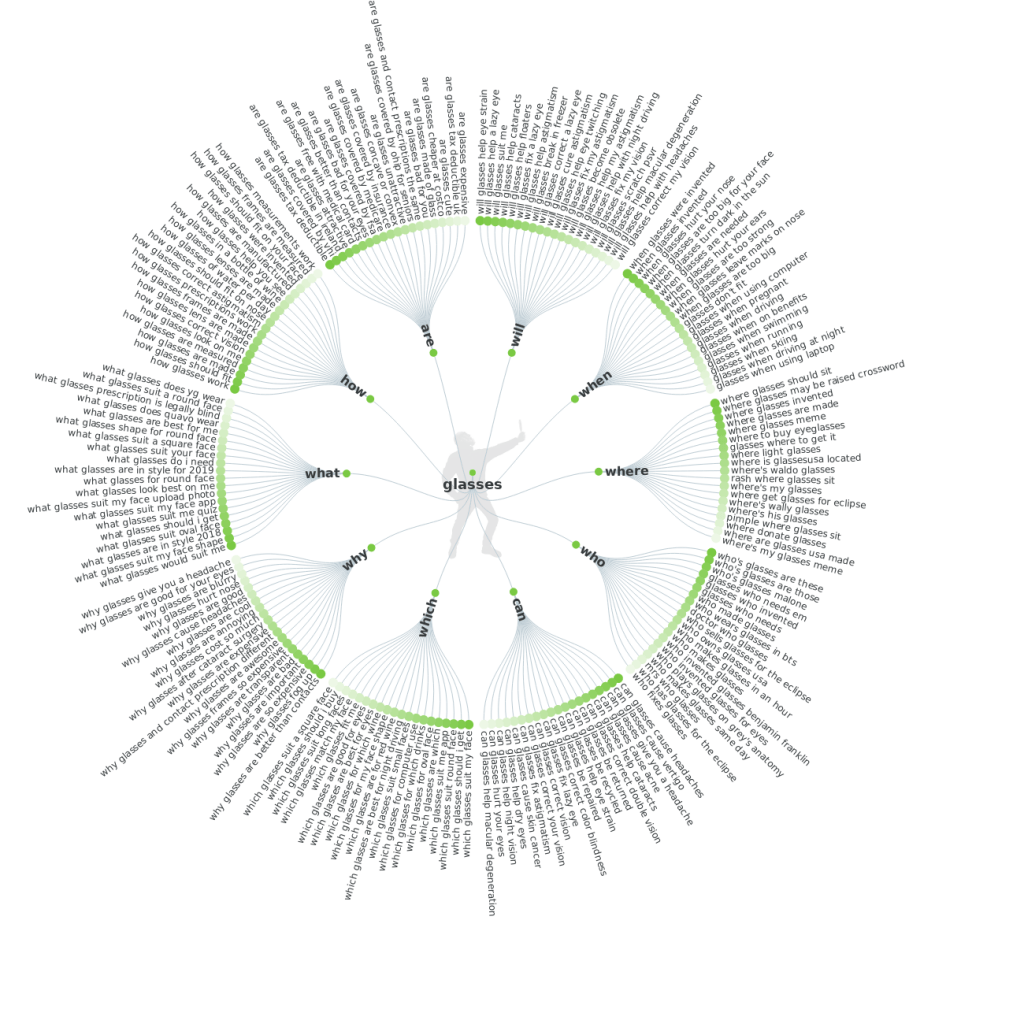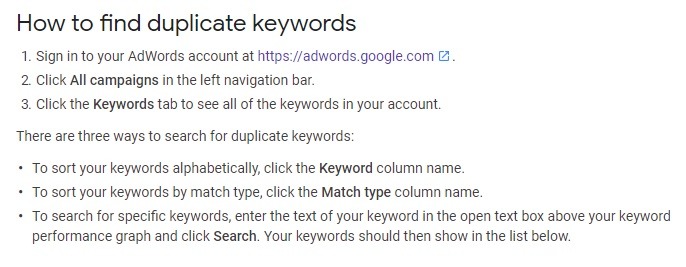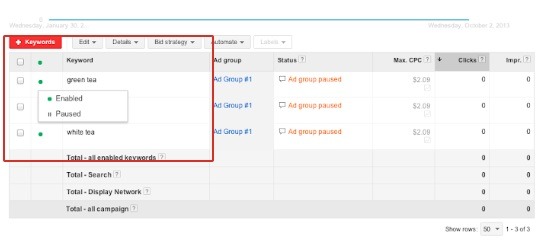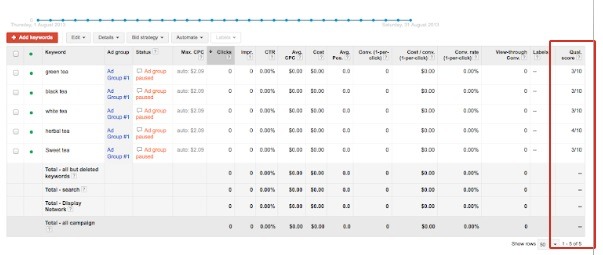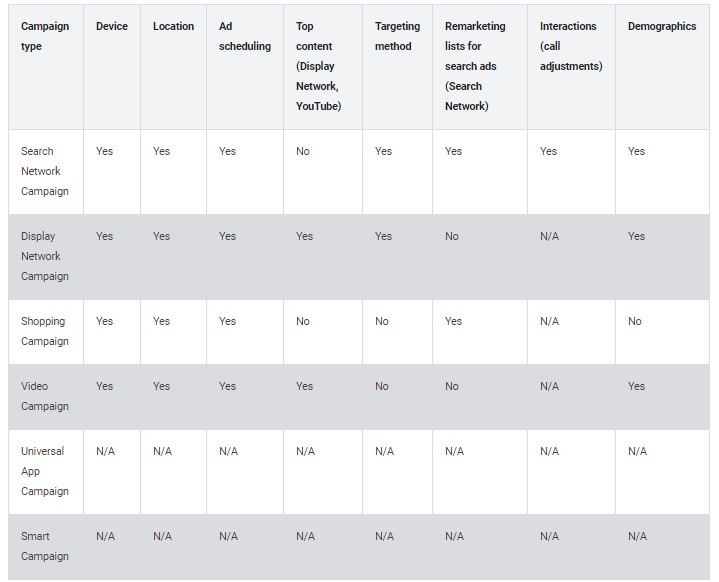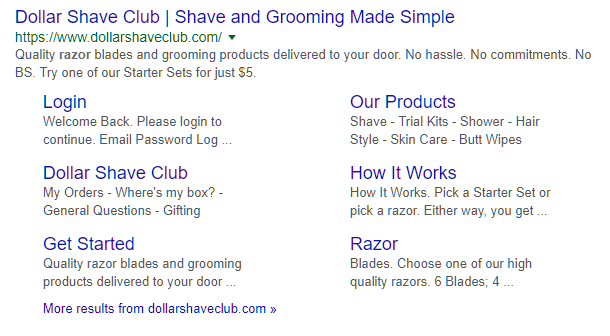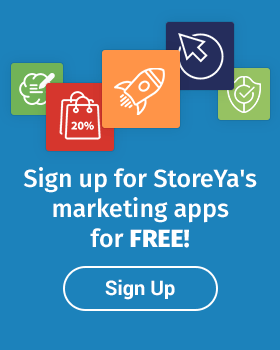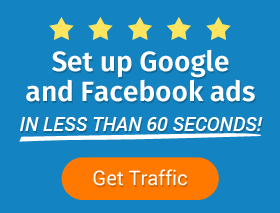Ready to turn your Google Ads campaigns into real money-earners? Sure you are!
The key to increasing sales with Google Ads lies in testing and optimization. But where to start? Whether you are a new store owner or a seasoned advertiser, there are a number of must-test Google tips you should be implementing in your optimization strategy.
Google Ads optimization can seem overwhelming, but it doesn’t have to be. We’ve got 11 quick Google Ads tips to help you increase your sales today.
1. Up Your Negative Keyword Game
Negative keywords are one of the most powerful elements of your Google Ads campaigns. Although often overlooked by novice Google Ads advertisers, negative keywords ensure that you’re eliminating searchers that aren’t relevant to your products and niche. The three key benefits of using negative keywords are that they:
- Keep ROIs on point, as they prevent spending money on keywords where you won’t get a good return
- Ensure searchers are only shown ads that are relevant to what they are searching for
- Increase the likelihood of more targeted traffic, which in turn increases conversion potential
Negative keywords are one of the first optimization steps you should take to improve the performance of your campaigns or ad groups.
To increase sales from your Google Ads, you want to test adding negative keywords to campaigns or ad groups that have poor metrics. This includes ads that have low CTRs or your high-cost ads that are yielding few or no conversions.
Finding Negative Keywords
There are three ways you can discover possible negative keywords for your campaigns:
- Use Google’s autocomplete feature to point to the relevance, or lack of relevance, of your keywords.
- Use Google to search for the keywords you’re advertising with or want to test, to see who is advertising with those keywords as well as what organic search results come up. For example, you may be considering glasses as a good search term for your homeware product, but it is more likely to bring you a lot of people looking for eyeglasses and thus negatively affect your CTRs.
- Use keyword research tools such as SEMrush or Kparser.
2. Review and Update Your Keyword Match Types
The next Google Ads keyword optimization step is to test keyword match types for your campaigns. Keyword matching instructs Google how relevant a search term is to your ad, therefore displaying your ads appropriately. Your Google Ads account should include a variety of campaigns using different match types to suit the objective or strategy of each campaign.
Over time, your matching strategy will change as you refine and segment performing campaigns. For example, as you start a new campaign, you may want to start with a broad match. This will help get a higher reach while collecting valuable ad data to optimize at the start. You can then switch to combination or exact match types to keep your campaigns highly relevant, thus increasing your conversion chances. This means smaller, more segmented campaigns that will have a lower impression rate but be more far more targeted and thus result in higher conversion rates.
Think of it as casting a wider net at the start and then narrowing – or refining – your campaigns by narrowing your match to a more segmented search. Switching to broad match modifiers will give you more control over the types of traffic you are getting, thus helping you to increase sales with Google Ads.
In short: Your end goal should be to have campaigns that consist of ad groups that have fewer keywords, with varied match types that catch narrower and broader audiences. The latter gives you data you can use for more specific keywords and searchers, and more refined matches.
3. Stretch Your Budget With Long Tail Keywords
Another way to refine your campaigns to ensure you are getting more targeted traffic that converts is to test and add long tail keywords. Long tail keywords mean less competition and a higher chance of converting, and even though they are seen as ‘unpopular’ they can lower CPCs while increasing sales. In one ahrefs study of 1.9 billion keywords, they found that 29% of keywords with 10k searchers per month consist of three words or more.
You can find long tail keywords with the help of either Google’s autocomplete, or ahrefs or other keyword research tools. However, you also want to look at your current organic traffic data to find possible long tails people are using to get to your products that you haven’t thought about.
There is one additional approach worth outlining here specifically, and that’s using sites like Answer the Public to find questions people are asking. Questions are a great way of using long tail keywords to your advantage.
4. Audit Your Keywords and Remove Duplicates
As you’re growing your Google Ads campaign list while optimizing and adding keywords, it’s common for even experienced advertisers to forget to remove duplicate keywords.
Why is it so important to stay on top of your keywords and remove duplicates? Because they impact your Quality Score while eating up your budget unnecessarily. If you’re bidding on the same keyword more than once, both are submitted to auctions and thus you’re essentially competing with yourself and unnecessarily increasing CPCs.
That’s not to say there aren’t instances where you should bid on duplicate keywords. Duplicates are effective when:
- Bidding on the same keywords that will be used for different placements, search and display ads.
- Using different match types for duplicate keywords.
- Ads are segmented to serve difference locations; you would then bid on the same keyword in each campaign that services a different place.
So, how do you find and remove duplicate keywords? Here’s Google’s quick step-by-step guide.
If you’re looking for keyword and other tools to help you win at Google campaigns, then click here.
5. Audit Your Landing Page Relevance
Simply put, ensuring your landing page’s relevance will provide better Quality Scores, which ensure lower costs; but it also has bigger, more complex implications. If you’re getting a good CPC rate for your budget but your conversions are dead in the water, you need to review your URLs to ensure they are relevant to your ads, your search and your target audience.
Here is a step-by-step audit your landing pages to ensure they are working towards helping you convert you want to:
Step 1
Check keyword/landing page relevancy in Google Ads campaign metrics. A good indicator of this is your Quality Score and landing page experience.
Step 2
Make sure that your URL page is user-friendly, has good architecture and doesn’t bombard potential shoppers with too many links.
Step 3
Test various CTAs and headings to find your winning formulas. This is particularly important when sending searchers to product category, promotional or content pages.
Step 4
Test your site speed to ensure your landing pages aren’t too slow.
6. Breathe Life into Limp Ads with RLSAs
What about campaigns that were kicking butt at the start but are dwindling? Pausing those ads could leave possible sales on the table. Instead, combine and test these groups with RLSAs (Remarketing Lists for Search Ads). Some old ads may be stale or have become ineffective at attracting new traffic, but that doesn’t mean they couldn’t win as remarketing campaigns. And we all know how important remarketing lists for search ads are to your sales funnel, drawing traffic back to your site that is already familiar with your brand and thus increasing conversion chances.
The best way of doing this is by using Google’s campaign drafts and experiments.
7. Bid on Your Brand Name – and Your Competitors’
Should you bid on your own brand name? The answer is a resounding ‘Yes!’ Why? Because if you’re not bidding on them, your competitors will. Plus, it helps you get to the top of SERPs where you aren’t organically on the first page for your online store name.
At the same time, it could be lucrative to bid on your competitors’ brand names as this will help you entice their shoppers with what you have to offer. However, it is a balancing act. You need to ensure your ad isn’t pretending to be your competitor’s; instead, provide an alternative option they haven’t thought of. But beware: you can’t use any trademarked brand names in your ad text or landing page URL. You also want to ensure you are using it strategically. Here are some tips to get you started:
Be strategic with competitor brand terms. You want to target competitors who have very close target audiences, instead of going with big brand names that people know and trust.
Be strategic with your budget. Branded keywords, especially if they’re competitive, can result in higher CPAs. If you are a brand new store, with a new budget, you may want to hold on bidding until you build your business up.
8. Fine Tune Your Google Ads with Location Bid Modifiers
Location bidding and geo-target tweaks aren’t just for traditional brick and mortar stores. Tweaking your campaigns by location can have a great effect on your results. For example, location will help you sell seasonal products, or products best suited for different climates. By looking at your Google Ads metrics, you can see which locations are yielding better ad performance. You can then create more campaigns aimed at searchers living in those locations or pause locations that don’t convert. This information can be quickly analyzed by pulling geographic and user location reports. Adding location bid adjustments to your campaigns will ensure you can automatically adjust the frequency of ads based on geographic areas, cities and countries. While location extension targeting will enable you to set different bids for potential shoppers in your key locations.
Use location bid adjustments to show your ad more or less frequently to customers in certain countries, cities, or other geographic areas. You can also use location extension targeting to set different bids for customers who are located around your business. Here’s Google’s full list of bid adjustment eligibility:
9. Flaunt Extension While Staying Relevant
As we learned in our Google Ad Extensions best practices post, by enabling ad extensions at an account, campaign and/or ad group level, you can optimize for more clicks. Between sitelink, callout and review extensions, as well as structured snippets, you can improve the overall user experience of your ads while also increasing sales by highlighting promotions, products or valuable brand information. To capitalize on this, you want to make sure you:
- Create account-level extensions
- Use as many extensions as you can – as long as they relevant, of course
- Sync your snippet extensions and ad elements
- Use ad rotations to select high-performing extension combinations
You can learn more about extension choices and optimization in our 5 Best Practices for Google Ad Extensions that You May Have Forgotten post.
11. Mine Your Metrics to Up Your SEO Game
One last top Google Ads tip in your optimization arsenal comes down to your metrics. Your Google Ads results can help point you in the right direction in terms of SEO. The success of various campaigns, their keywords and their locations, will give you a lot of data to use for DIY organic efforts. As we know, building a strong strategy that combines SEO and PPC is the foundation of an online store’s success.
Bonus Content: PPC vs. SEO – Which Provides Better Value?
—
There you have it, 11 quick Google Ads tips to increase sales and improve your results starting today. Ultimately, without good optimization that helps stretch budgets while increasing sales, you’re throwing your money to the wind. As you grow your business and get more experienced, you want to add more campaigns with smaller segments and targeting. This will make optimization even more relevant – and complicated – but if done correctly, can help you to build an 8-figure sales stream.
Want to take the hassle out of optimization? Let Traffic Booster run your campaigns for you and help you drive more targeted eCommerce traffic.

Nicole is a content writer with over sixteen years experience and flair for storytelling. She runs on a healthy dose of caffeine and enthusiasm. When she's not researching the next content trend or creating business content strategies, she's an avid beachgoer, coffee shop junkie and hangs out on LinkedIn.
Recommended articles
 Facebook Ads for eCommerce: 16 Strategies, Examples & Tips
Facebook Ads for eCommerce: 16 Strategies, Examples & Tips
 How to Build a Winning eCommerce Ads Strategy
How to Build a Winning eCommerce Ads Strategy
 Google Ads for eCommerce: Everything You Need to Know
Google Ads for eCommerce: Everything You Need to Know
 10X Your Traffic with PPC Management Software
10X Your Traffic with PPC Management Software
Comments
Powered by Facebook Comments

